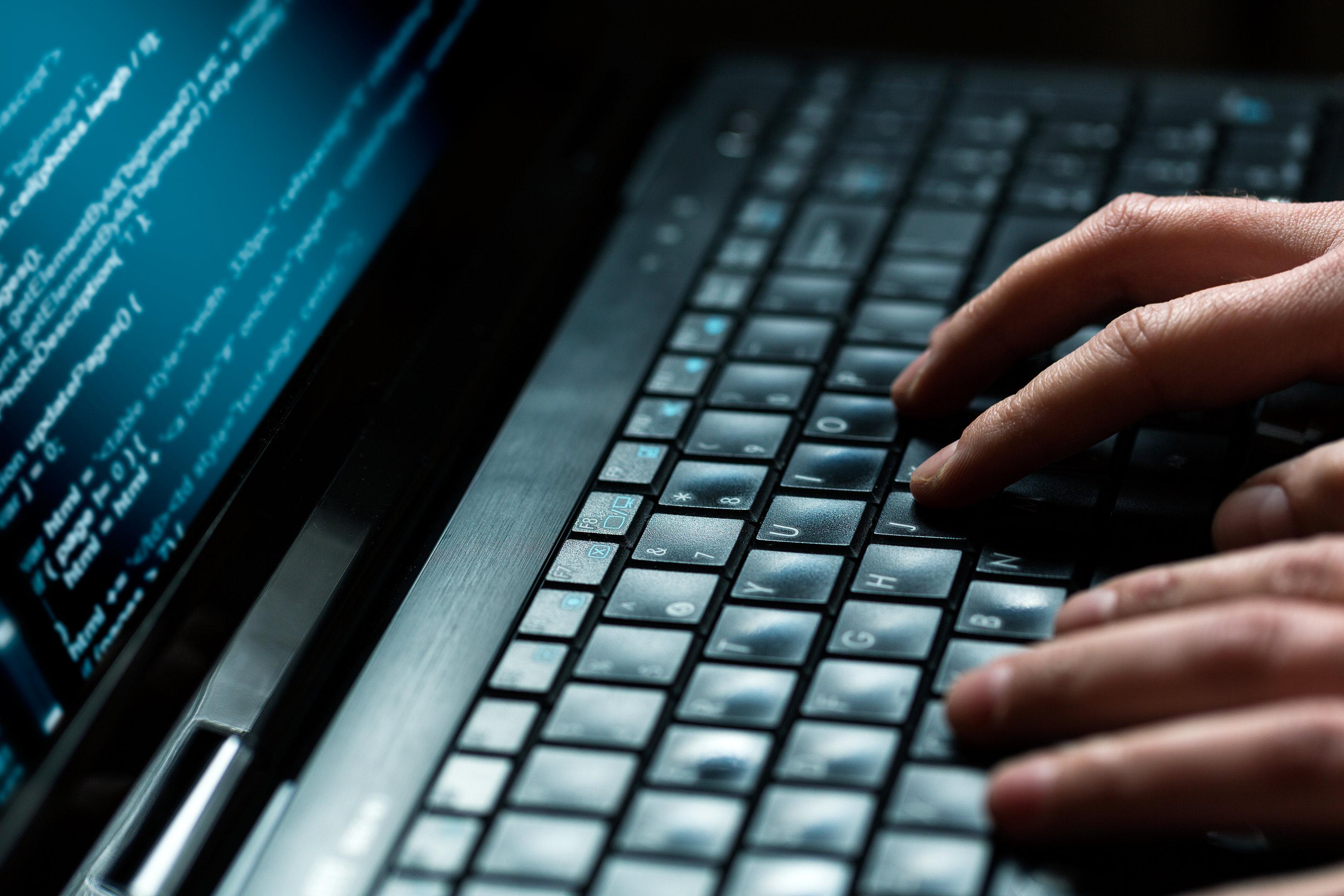
IT is a secret collection of websites that exists on an encrypted network which cannot be found using regular search engines or the usual browsers.
To ordinary people, the dark web is a mystery but to its users, who can remain anonymous and hide their locations, it is a marketplace from which to trade any number of things.
Not all of it is criminal.
People living in countries controlled by totalitarian regimes can use it to communicate with the rest of the world, while it has also been used by whistle-blowers to expose secrets that have shocked the world, through organisations like WikiLeaks.
But an extremely sinister side exists, which is all too easy to discover. As The Sunday Post explored the murky world of what is available, we found a shocking array of illegal goods and activities.
For €200, one site called Rent-A-Hacker offers to carry out a “small job like email, Facebook etc hacking”.
Increase that to €500 and you could buy a “medium-large job, ruining people, espionage, website hacking etc”. A “large job” costs €800. There are no details about what this would involve other than the possibility it might take “a few days”.
Other shocking discoveries include:
- A page called Clone Card Crew offering people’s names, addresses and credit card details
- Access to PayPal or eBay accounts for $100 apiece
- Thousands of usernames and passwords belonging to social media users
- UK driving licences being sold for €1000.
- Once your data is compromised, it can either be used by the criminals directly to take your money, or passed on for cash.
- Bitcoin is the only currency available on the dark web as it keeps transactions anonymous.

Enjoy the convenience of having The Sunday Post delivered as a digital ePaper straight to your smartphone, tablet or computer.
Subscribe for only £5.49 a month and enjoy all the benefits of the printed paper as a digital replica.
Subscribe